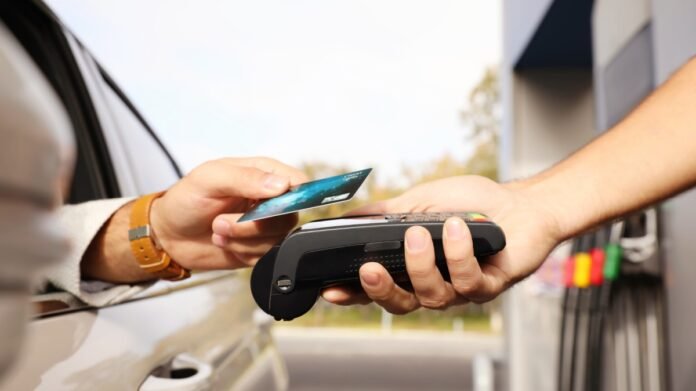South African Members of Parliament (MPs) are warning that the newly announced increases to the general fuel levy will have a more devastating impact on consumers—particularly the poor—than a proposed VAT hike.
During his 2025 Budget Speech, Finance Minister Enoch Godongwana announced that the general fuel levy will rise by 16 cents per litre for petrol and 15 cents per litre for diesel, effective June 4, 2025.
Though Treasury argues the increase is inflation-linked and not designed to boost revenue, Parliamentarians across party lines remain unconvinced.
“Every worker that goes to work, whether with a train, whether with a taxi, whether with a car gets impacted. So, it’s a regressive tax that is far worse than the VAT,” said EFF MP Omphile Maotwe during a heated joint sitting of Parliament’s finance and appropriation committees.
‘Far worse than VAT’
The increase marks the first rise in the fuel levy in three years, raising the general fuel levy to R4.01/litre for petrol and R3.85/litre for diesel, while keeping the Road Accident Fund levy unchanged at R2.18. This brings the total tax burden to R6.37/litre for petrol and R6.24/litre for diesel, accounting for up to a third of the pump price.
“The increase in the fuel levy, which is going to have impact or influence in the rising costs, what are the plans that are there to protect the poor and the vulnerable?” asked ANC MP Soviet Lekganyane.
This follows a short-lived reprieve at the pumps, with fuel prices dropping 22 cents for petrol in May and up to 42 cents for diesel, after a modest cut in April and March’s 7 cent petrol decrease.
Economic backlash: Transport, food, and inflation
While acknowledging government’s fiscal constraints, the Automobile Association (AA) warned that the fuel levy hike will ripple through the economy, triggering inflationary pressure across multiple sectors.
“Fuel is a critical input cost across all sectors … any increase inevitably drives up transport and operational costs, further intensifying inflation.”
Lower-income households, which spend a greater share of their income on transport, will be disproportionately affected. The AA added:
“With the new adjustments in June, the combined cost of the GFL and the Road Accident Fund (RAF) Levy will exceed R6.00 per litre in some areas—accounting for more than 30% of the total pump price before adding the base fuel cost, distribution margins, and retail mark-ups.”
Gavin Kelly, CEO of the Road Freight Association (RFA), echoed these concerns:
“Transport will become more expensive, consumers will pay more, and the old adage that government can keep increasing taxes and levies to fund its uncontrolled spending remains true.”
He noted that 85% of South Africa’s freight logistics depend on road transport, and with operating margins already thin, the added cost will inevitably be passed on to consumers.
Poorer households to suffer most
While Treasury maintains that the hike replaces the previously proposed 0.5% VAT increase, critics argue that it unfairly burdens the poor, who already face rising costs in nearly every sector—from electricity to food.
“We reject the fuel levy. When we rejected VAT in March, we never said it must be replaced with the fuel levy. What is more painful is that the increase is only going to generate R4 billion—you are saying that yourself,” said the EFF’s Maotwe.
Business Leadership South Africa (BLSA) also voiced concern, warning that the tax will:
“Hit low-income households the hardest and strain consumer spending.”
The levy hike comes at a time when many South Africans are grappling with the impact of budget revisions that scaled back food relief and other support measures—as detailed here.
Tax or tipping point?
While Treasury sees the increase as a necessary step to bridge fiscal shortfalls and avoid VAT pain, critics warn it could tip an already strained population over the edge—eroding economic confidence and deepening inequality in a country battling stubborn unemployment and sluggish growth.

